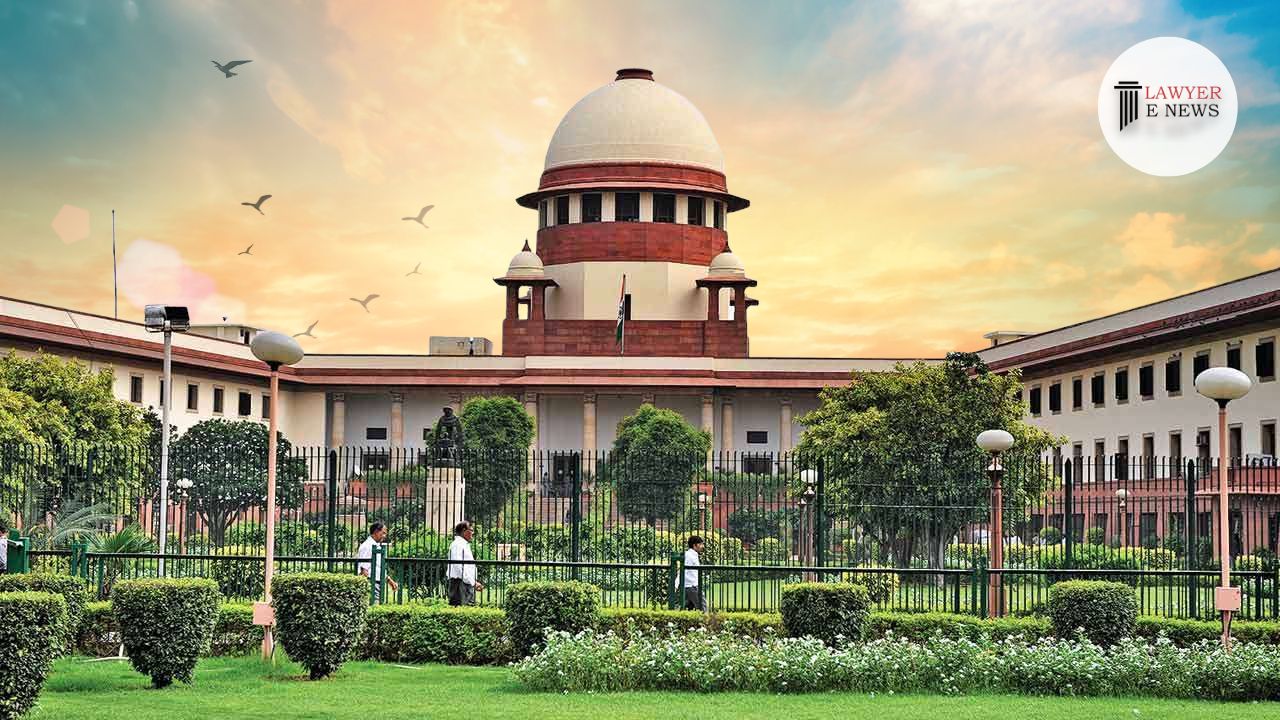-
by Admin
15 February 2026 5:35 AM



In a pivotal decision by the Supreme Court of India, the Bench comprising Justices Vikram Nath and K.V. Viswanathan overturned a High Court ruling that had earlier enforced an arbitration award in a dispute involving land ownership and a subsequent agreement for construction by the Bhopal Municipal Corporation (BMC). The apex court declared that the agreement and the arbitration, which were contingent upon an ex-parte decree later set aside, were devoid of legal standing.
The legal saga began when Satish Jain asserted ownership through adverse possession over a plot owned by the State of Madhya Pradesh, intended for BMC's construction of a bus stand. Following an ex-parte decree in favor of Jain, the BMC entered into an agreement with him, which was later challenged. The core issues revolved around the validity of the agreement post the revocation of the ex-parte decree, and the subsequent legal implications on the arbitration process instituted based on that agreement.
The Supreme Court noted, "Once the ex-parte decree has itself been set aside and the suit was to proceed further from the stage of filing of written statement by the Appellant-State, the agreement dated 30.07.1991 would lose all its credibility."
Justice Nath pointed out a critical misstep by the High Court, stating, "The High Court committed a grave error in not considering the relevant aspects and in placing reliance on the statement made by the Appellant-State before the Trial Court."
The Supreme Court directed that the case should return to the Trial Court for a fresh evaluation, instructing that "The Trial Court will proceed with the suit and decide the same on merits on the basis of evidence which may be led before it."
The appeal by the State of Madhya Pradesh was allowed, setting aside the High Court's decision. The Supreme Court's ruling emphasized the need for legal scrutiny when foundational judgments affecting subsequent agreements and arbitrations are overturned.
Date of Decision: April 18, 2024
The State of Madhya Pradesh vs. Satish Jain (Dead) By LRS & Ors.
